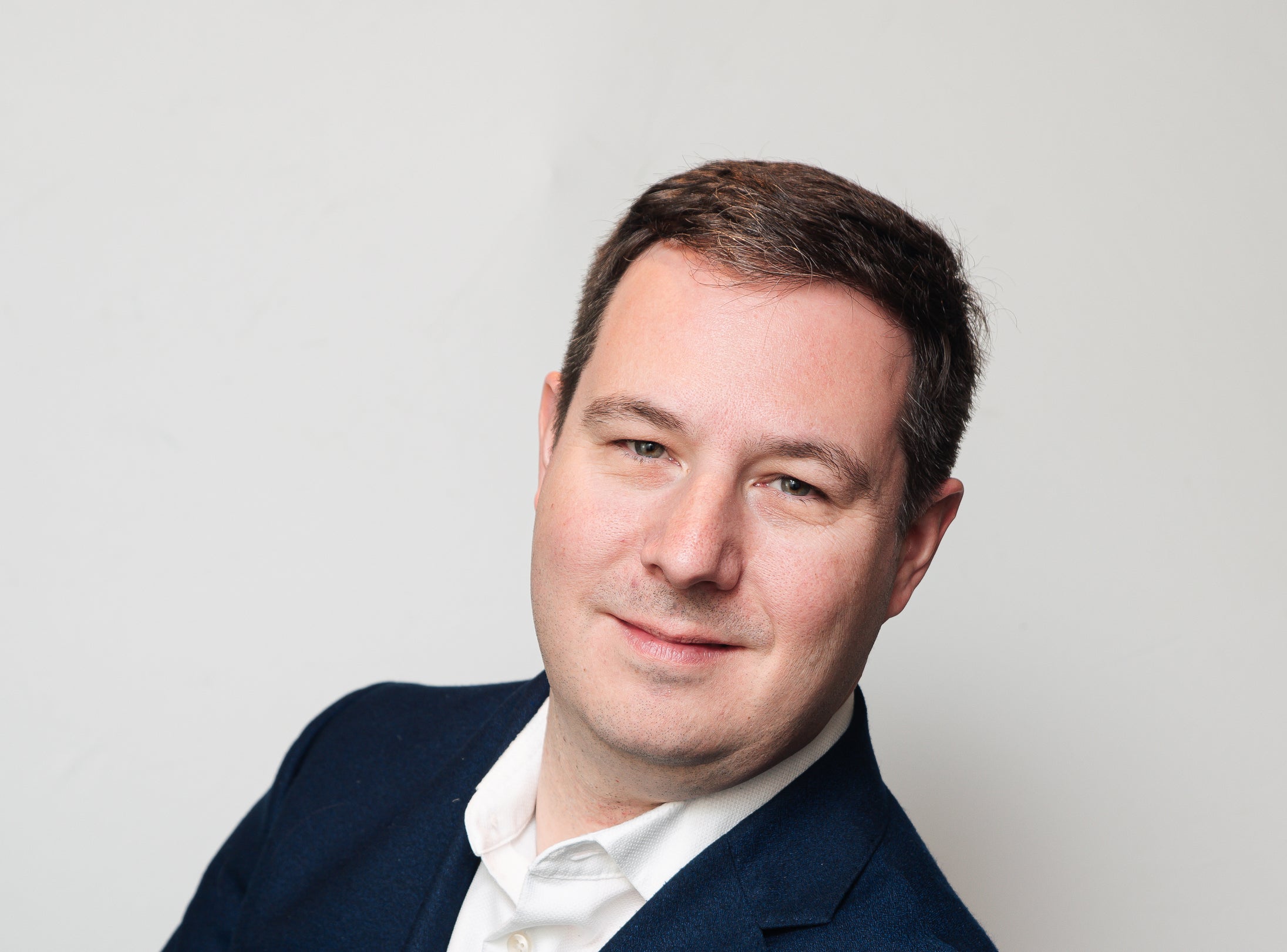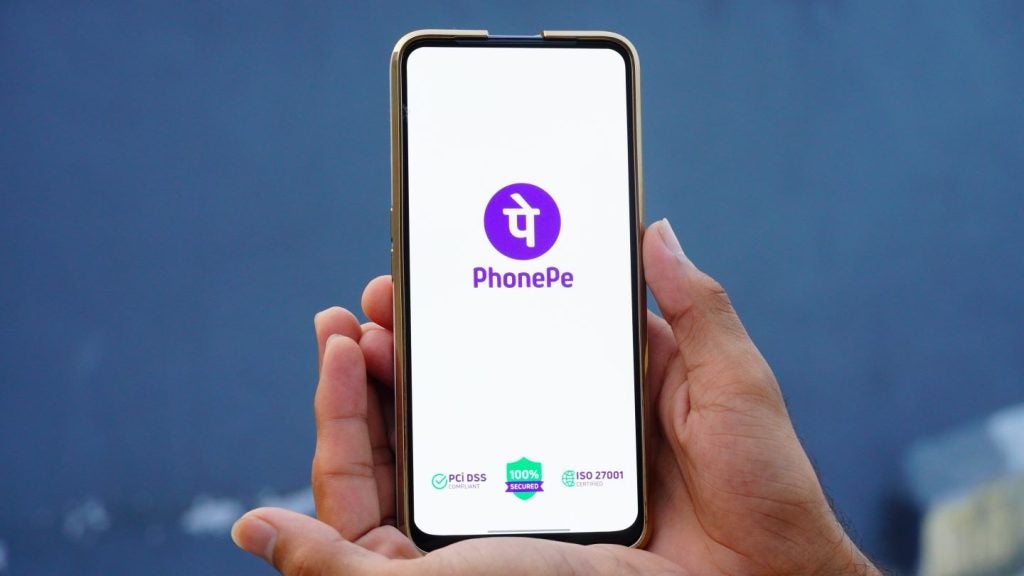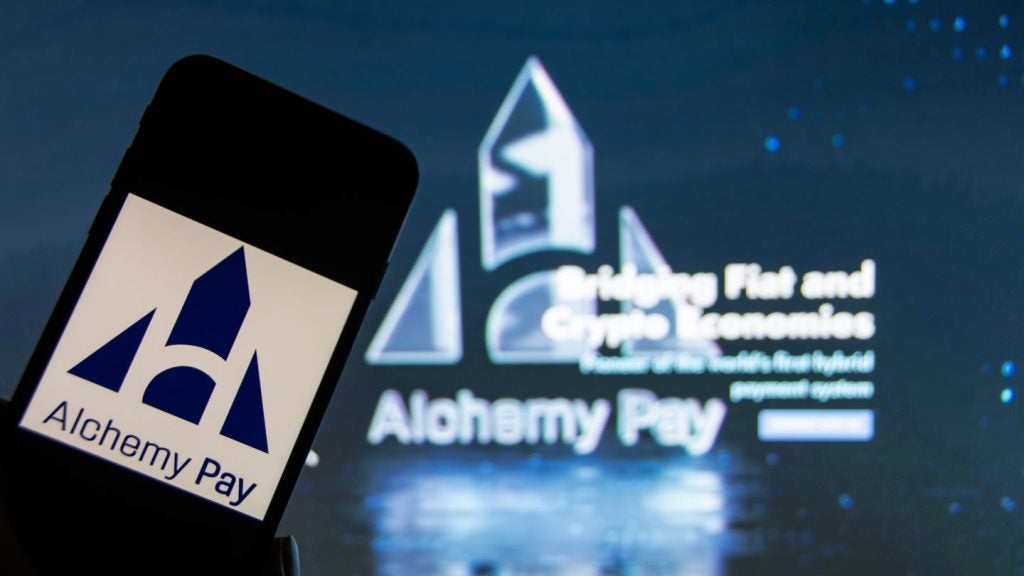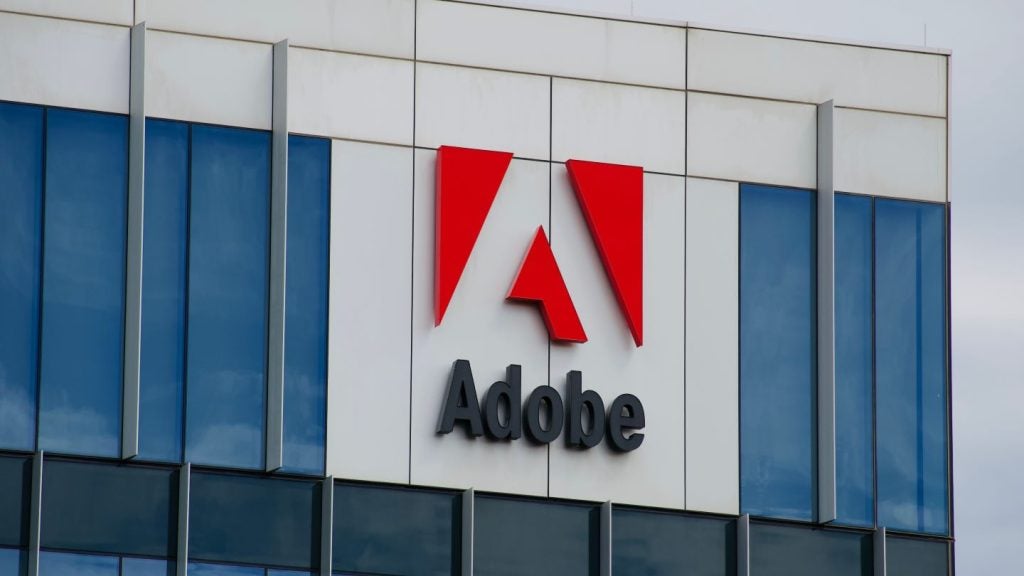
Adam Clarke is the CTO of Fnality, the fintech startup founded in 2019. The company began life as a research project looking into how distributed ledger technologies disrupt financial markets. Since then, Fnality has been spun out into a full-blown fintech enterprise. And no, that does not mean cryptocurrencies – at least not in the bitcoin-sense of the word.
While it runs on a similar infrastructure, Fnality empowers tokenised cash assets to settle securities trades. Essentially, it means it will use blockchain to make international payments safer and cheaper. It is run by a consortium of banks. The banks backing the company include MUFG Bank, Sumitomo Mitsui Banking Corp., UBS, Credit Suisse and Barclays, Santander and State Street.
In June 2019, Fnality raised a £50m Series A round. As such, it is part of a bigger wave of booming blockchain businesses that have benefited out of the renewed interest from investors. As Verdict has reported in the past, venture capital investors have injected record amounts of money into the cryptocurrency and blockchain companies over the past few years.
In 2021 alone, the VCs injected over $26.3bn into the industry across 1,009 deals, according to data from research firm GlobalData. That's more than four times as much investors put into the sector in the previous record year of 2018. They backed the sector by $5.9bn in that year.
As the CTO of Fnality, Clarke is at the coalface of this booming industry. In the latest Q&A in our CTO Talks series, the Fnality executive reveals why blockchain is just not about bitcoin, which he says is bad for the environment.
Eric Johansson: Tell us a bit about yourself – how did you end up in your current role?
Adam Clarke: I’ve worked in various technology roles across a diverse collection of sectors for over 20 years – it’s been a long and varied career. I’m a developer programmer by training and whilst my main focus is financial technology, I’ve had the opportunity to work on many innovative applications from the first implementation of Java on a mobile phone, to the design and implementation of the software used to enforce TfL’s congestion charge technology. Interestingly enough, this thinking was then applied to the ball-tracking technology now used in tennis and cricket.
Now at Fnality, I am in charge accountable for blending my team’s expertise, creativity, and compliance knowledge, to create a decentralised, distributed financial market infrastructure – which, after a successful proof of concept in early 2022, is due to launch later this year.
What's the biggest misconception people have about blockchain technology?
To put it simply: People believe blockchain to be completely synonymous with cryptocurrency. It’s not widely understood the sheer wealth of different things you can do with blockchain technology. But in the same vein, it’s also not a silver bullet to fix the world’s problems.
Has bitcoin given blockchain a bad name?
The potential of blockchain technology is often misunderstood – there is a habit for people to group blockchain with cryptocurrencies and NFTs as part of new digital technology, with no real differentiation between them. In reality, blockchain is a storage technology for decentralised systems while cryptocurrencies are a medium of exchange. At Fnality, we’re focused on the former, using blockchain to deliver payment on-chain for wholesale banking markets.
What one piece of advice would you offer to other CTOs?
Whatever you build, make sure it is a modular tech stack. That way everything will be plugable and replaceable as needed, giving you a flexible and agile way to help you achieve the broader vision of the company. Always keep your work to an open standard and never commit to buying software that will tie you down. Expect to rebuild everything from time to time and don't be shy to do so.
What’s the most surprising thing about your job?
I’m not sure it’s surprising per se, perhaps more striking – at Fnality we have adopted a Conway's Law approach to everything we do. The concept is that your organisational structure will mirror the systems you’re building.
This mindset means I lead an innovative team that mirrors the decentralised system they are working on – Fnality employees have mutual accountability across the organisation.
What’s the biggest technological challenge facing humanity?
There is a massive challenge for technologists around sustainability – blockchain and cryptocurrencies get a bad rep for that because of mining’s carbon emission outputs. Technology has a massive part to play in climate change and subsequent sustainability drives, if you think about the amount of Co2 that would be saved by 50 people not using video on Zoom for instance. While this pivot to remote working has many benefits, it’s our responsibility to use technology to improve reduce the impact on climate change.
Green coding is one of the ways to do that, for example by using new languages that are closer to the processor and are not being interpreted like Java, this will reduce energy consumption etc.
What’s the strangest thing you’ve ever done for fun?
I learned to fly a helicopter. It took me about 18 months, with lessons every couple of weeks. I started this slightly before the pandemic and was able to continue around various lockdowns. I have a mechanical and scientific brain so small helicopters, which are basically a V8 car engine attached to a perspex bubble, fascinate me. It's a fantastic combination of physics and adrenaline.
What's the most important thing happening in your field at the moment?
Last year, The Bank of England announced a major market milestone by publishing a new type of “omnibus” account, which is now open for applications. This new account and its pre-funded structure not only allows innovative payment models to emerge by setting out clear access requirements, but also safeguards monetary policy implementation with eligibility criteria.
This is a game-changer for Fnality, opening up the full potential of our Fnality's Payment System to offer wholesale banks a simpler, faster, safer, and more resilient/risk free system for managing digital payments. However, it’s not just the omnibus account itself that is important, but the wider vision that it starts to enable for the UK’s financial ecosystem. Importantly, it represents the next exciting iteration of banking technology of which Fnality is leading the way.
In another life you’d be?
A pilot of some description. When I finished school I actually applied to join the RAF and got a place, but they couldn’t guarantee that I would be able to fly a helicopter so, in the end, it wasn’t the job for me.






